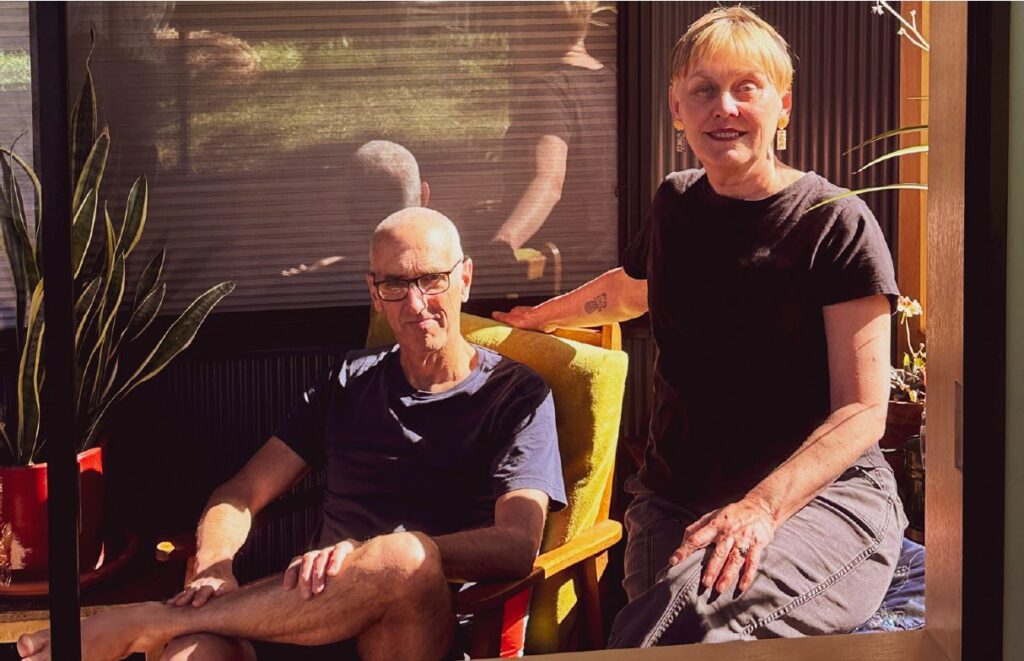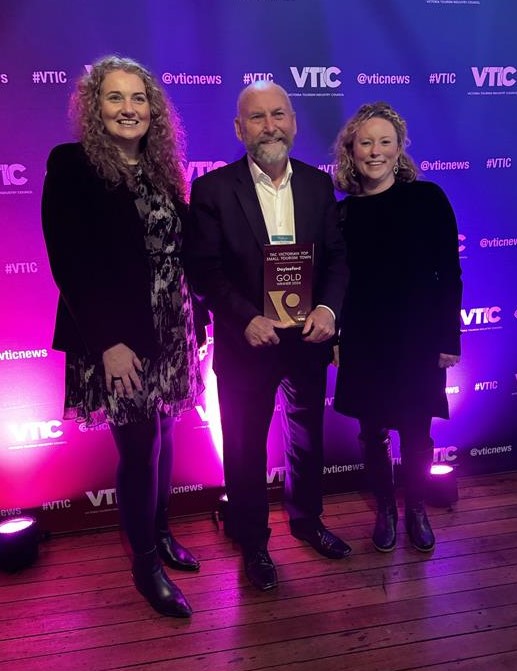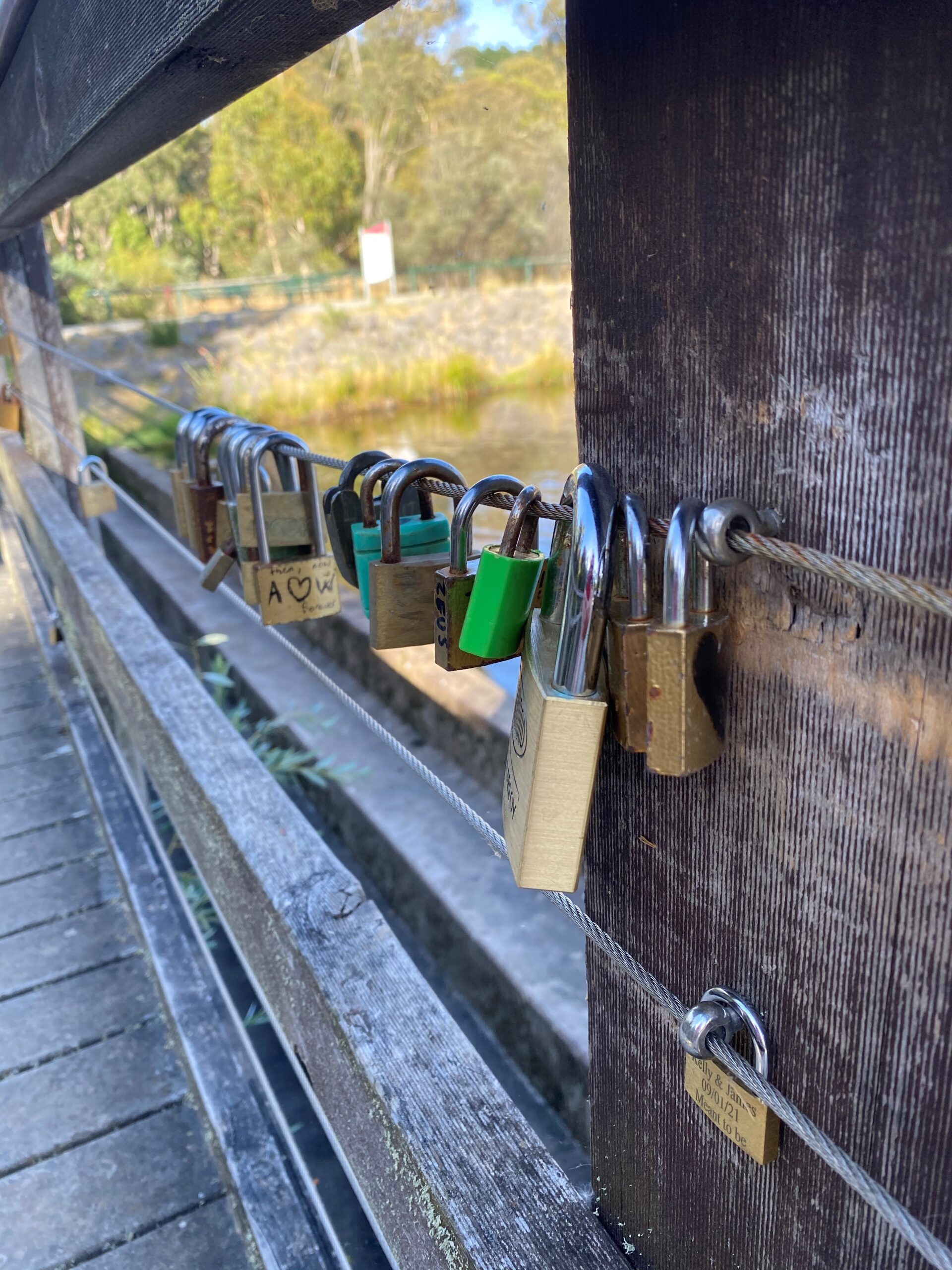November 25th, 2023How Tony takes the plunge, again and again

By Journalist Kevin Childs: Image: Kyle Barnes
If Tony Kelly didn’t exist, someone possibly would invent him.
From being a park ranger in the Northern Territory, he has worked with young people at risk (including at the notorious Malmsbury centre), retrained as a lawyer, and is a CEO, writer and author.
All this sounds remarkable, but considering his background it may have been almost expected. He is the grandson of opera singer Count Ercole Tonti Filippini. Born in Argentina in 1885 to Italian parents, Filippini was signed to the renowned La Scala opera house in Milan but when theatres shut in Europe during WWI he joined an opera company to tour India, China and the Philippines, and then for 14 months in Australia and New Zealand.
Filippini stayed in Australia, opening a school of opera in Sydney in 1918. One of his students was a young music graduate, Anne McParland (later known as Nancy). They married. He performed on stage while she produced and directed, becoming Australia’s first female conductor of symphony orchestras. Ercole Filippini died at the age of 48 in 1934, while Nancy went on singing, broadcasting, and leading choirs and orchestras, until her death in 1987 at 91.
Little wonder, then, as Tony says, there has been a lot of talk regarding a film about his grandparents. The musical tradition is being carried on by his brother, Australian rock singer/songwriter and guitarist Paul Kelly.
Tony was in his mid-40s when he decided to study law. His father, who died when Tony was young, was a lawyer, so when Tony saw that he could do a two-year degree at Melbourne University he and his wife Rebecca Lister moved to the city with their two daughters.
“I had been involved with the Greens and came to realise the importance of law in all aspects of society and how change can be effected through law.” Once in Melbourne they stayed for 15 years, returning to Daylesford when Covid hit.
Now his focus is on native title as head of the First Nations Legal and Research Services. To an outsider, native title seems complex, and Tony does say that identifying the right people for country is difficult, but once that has been established, it is easy to bring on a claim.
Lawyers methodically work through the claims. “The preference is to do it all by mediation, leading to a good result, eliminating conflicts and building strength,” he says. Some matters, however, can be drawn out. The claim by the Eastern Maar people of Warrnambool, for instance, took 10 years to settle and includes the coastline of the Great Ocean Road up to Ararat.
Sometimes many groups are involved in arguments over boundaries. In the Eastern Maar case most were resolved by agreement, with only one going to trial, with a judge to make a call next year.
Out all of this, millions of dollars flow to the successful claimants to set up a corporation. For example, the Dja Dja Wurrung Clans Aboriginal Corporation employs 200 people and, Tony says, is one of the biggest forces in the Bendigo economy. The money received is mainly spent on land management, economic development and language and cultural recovery.
After 13 years involved in native title work, he has just signed on for another three years. Curiously enough, it was swimming that brought him to writing. He began with articles on swimming for The Big Issue magazine, focusing on how it keeps you healthy.
His writing took on another focus when he and Rebecca moved to Mt Isa for two years to care for Rebecca’s witty, crossword-loving 92-year-old mother. Out of this came Growing Pineapples in the Outback, Tony and Rebecca’s book reflecting, from two perspectives, on the town’s isolation and heat, and the richness of caring for someone at life’s end.
Next he (perhaps again with Rebecca) plans to write an anthology on swimming, researching it by plunging in at different places across the country and chatting to locals about why they swim. One chapter will be on the “ice mile”, which international rules say must be done in 5 degrees Celsius or less, wearing a standard costume, googles and one cap (“You have to be alive half an hour later to qualify,” quips 62-year-old Tony).










